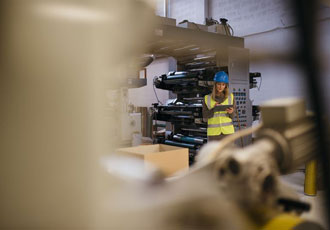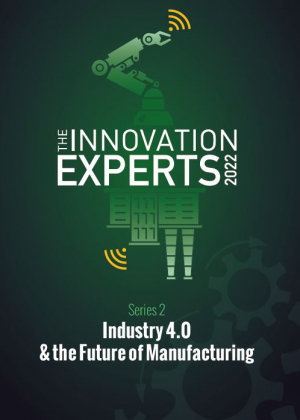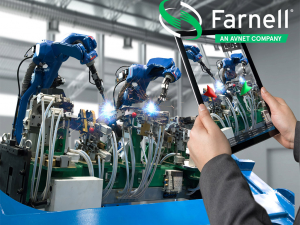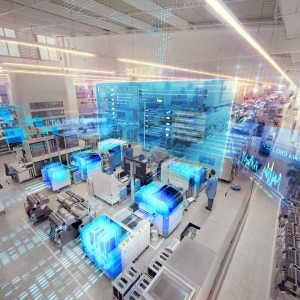Digitised and sustainable manufacturing industry

Demand for digitisation in the manufacturing industry is ever-increasing. Besides creating sustainable production, there are major streamlining benefits and savings to be made. Semcon is now aiming to significantly increase its presence in the industry with a mix of digital expertise and extensive experience in production optimisation.
“Accelerating our growth in the manufacturing industry is a natural step. We are in the midst of a development that is making new demands of those of us on the boundary between technology and IT – requirements that we are capable of handling here at Semcon, thanks to our unique mix of expertise and the opportunity to transfer competence between industries. Semcon has extensive experience of robotisation and automation. Adding new technology such as AI presents fantastic opportunities for the manufacturing industry,” said Markus Granlund, President and CEO at Semcon.
Unique conditions
Achieving production that is more cost-effective and sustainable requires an understanding of the entire production process and how it can be optimised. Adding expertise in UX, software development and IoT projects into the mix creates unique conditions for future production.
“For us, it is all about allowing people to do the things we are best at, and allow robots to do what they do best. Always working on the basis of human needs is what allows us to develop technology that really makes a difference. This creates smarter, more efficient and more sustainable solutions,” said Granlund.
A futureproof offering
Investments in the manufacturing industry are expected to increase over the next few years so that market demands can be met in a sustainable, cost-effective way. According to a report by PwC industrial sectors worldwide plan to invest $900bn in Industry 4.0 each year. There is a major need for consultancy and analysis in a number of industries in order to enhance all or parts of the production process, such as life science and the food industry.
“These are exciting times for those of us working with production development. We are currently working on projects where our production and automation engineers work together with software developers and AI experts on optimisation of critical processes. We are developing apps for cooperating robots, and this could create completely new business models for ourselves and our customers. And we are seeing increasing demand for projects of this kind,” said Robert Eliasson, Area Manager within production development at Semcon.
Production environment of the future
What will happen with production in the future? And what does digitisation mean as regards how production developers work? There are lots of answers, of course, but some of the advantages of Industry 4.0 are:
- Streamlining through automation and AI
- Sustainability gains for both humans and the environment. Less waste, cleaner production environments. Less stress, safer and more qualified jobs for people working in production when robots take over some of the work
- Collecting large amounts of data and information in real time leads to improved, proactive maintenance, and digital twins provide control over the entire product life cycle
- Used correctly, this new technology will add benefits for customers and result in new business models
Similar articles
More from Semcon
- Digitised and sustainable manufacturing industry 27th March 2019












Write a comment
No comments